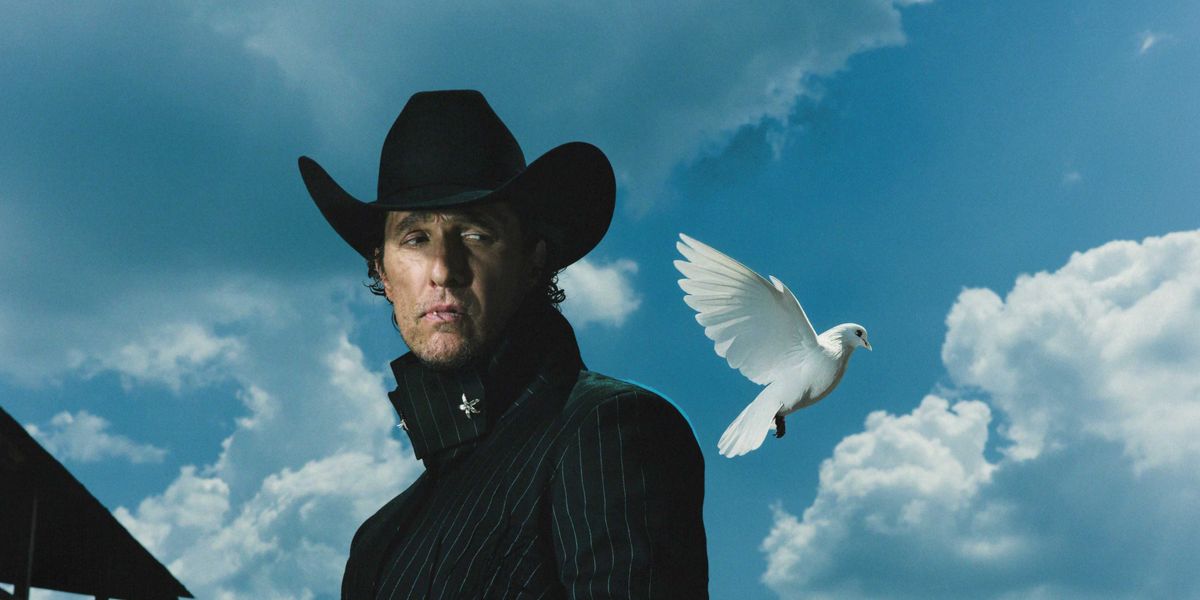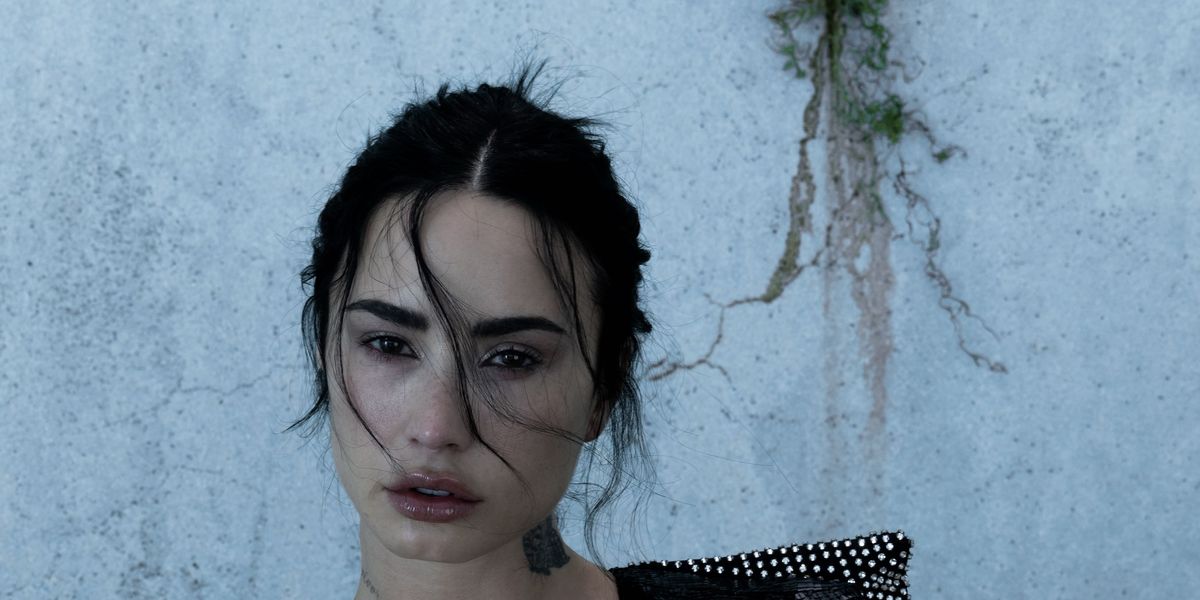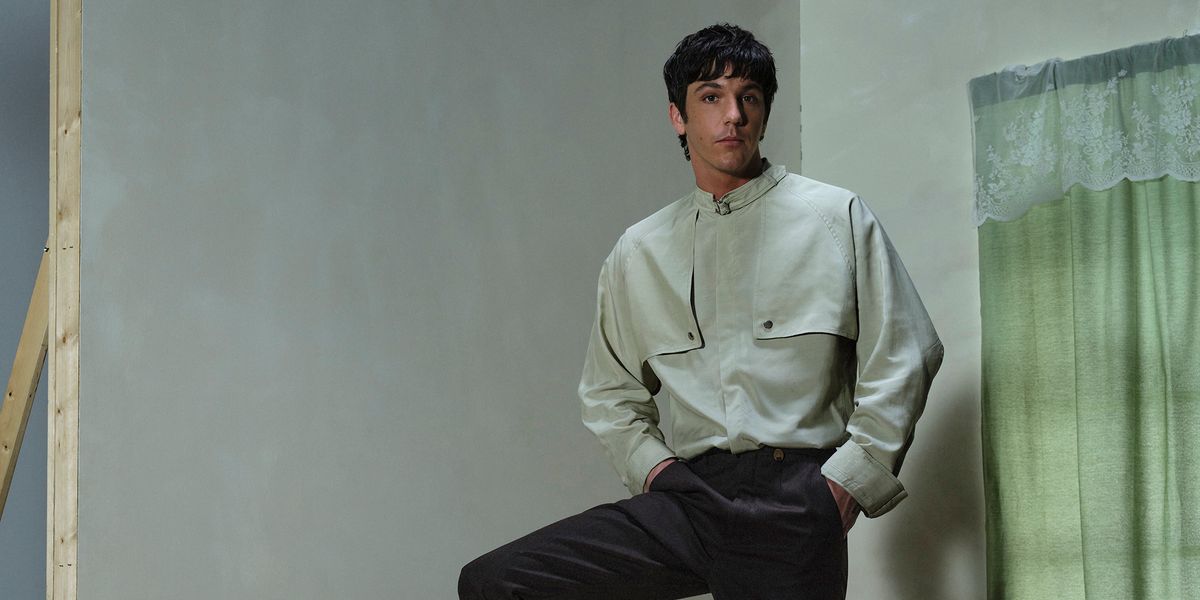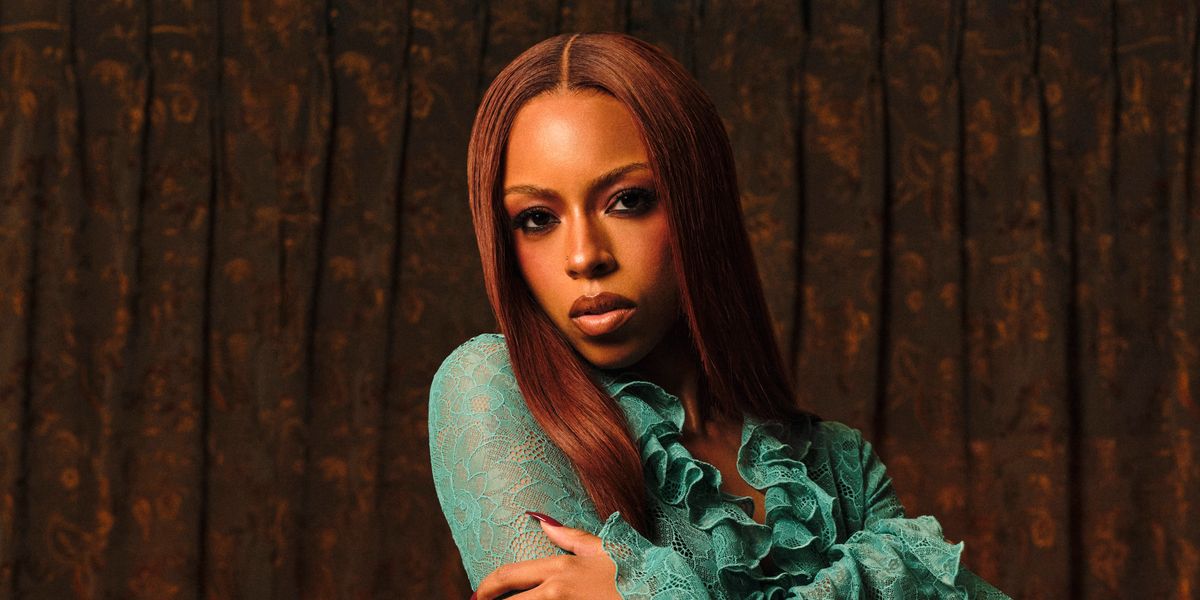
Beauty Bakerie's Cashmere Nicole Is Better, Not Bitter
<p>by Ethan D'Spain</p>
Dec 04, 2018
Entertainment
Matthew McConaughey Found His Rhythm
Story by Joan Summers / Photography by Greg Swales / Styling by Angelina Cantu / Grooming by Kara Yoshimoto Bua
Story by Joan Summers / Photography by Greg Swales / Styling by Angelina Cantu / Grooming by Kara Yoshimoto Bua
30 September
Music
Demi Lovato Is No Joke
Story by Ivan Guzman / Photography by Jason Renaud / Styling by Chris Horan/ Makeup by Loftjet / Set design by Allegra Peyton
Story by Ivan Guzman / Photography by Jason Renaud / Styling by Chris Horan/ Makeup by Loftjet / Set design by Allegra Peyton
15 September
Music
Role Model Isn’t In Kansas Anymore
Story by Tobias Hess / Photography by Richie Talboy / Styling by Angelina Cantú / Grooming by Jerrod Roberts / Set design by Allegra Peyton
Story by Tobias Hess / Photography by Richie Talboy / Styling by Angelina Cantú / Grooming by Jerrod Roberts / Set design by Allegra Peyton
14 August
Internet
Quen Blackwell Takes Over
Story by Ivan Guzman / Photography by Richie Talboy / Styling by Angelina Cantú / Makeup by Kimora Mulan / Hair by Malcolm Marquez / Nails by Kimmie Kyees / Set design by Allegra Peyton
Story by Ivan Guzman / Photography by Richie Talboy / Styling by Angelina Cantú / Makeup by Kimora Mulan / Hair by Malcolm Marquez / Nails by Kimmie Kyees / Set design by Allegra Peyton
11 August
Music
Ravyn Lenae Enjoys the View
Story by Erica Campbell / Photography by Richie Talboy / Styling by Angelina Cantú / Makeup by Matthew Fishman / Hair by Jacob Aaron Dillon / Nails by Kimmie Kyees / Set design by Allegra Peyton
Story by Erica Campbell / Photography by Richie Talboy / Styling by Angelina Cantú / Makeup by Matthew Fishman / Hair by Jacob Aaron Dillon / Nails by Kimmie Kyees / Set design by Allegra Peyton
04 August




